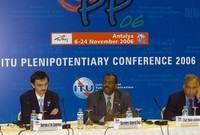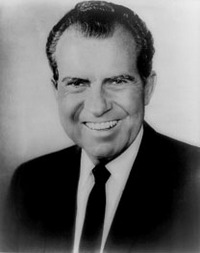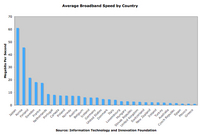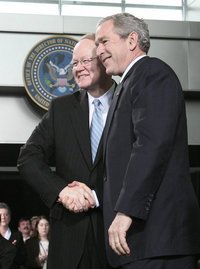 One sentence sums it up:
One sentence sums it up:
When I invented the Web, I didn’t have to ask anyone’s permission.That’s Internet freedom. That’s why we need net neutrality.&mdash: Net Neutrality: This is serious by timbl (Tim Berners-Lee), DiG, Wed, 2006-06-21 16:35
What is net neutrality?
If I pay to connect to the Net with a certain quality of service, and you pay to connect with that or greater quality of service, then we can communicate at that level.Where you and I are any pair of participants on the Internet. Continue reading








